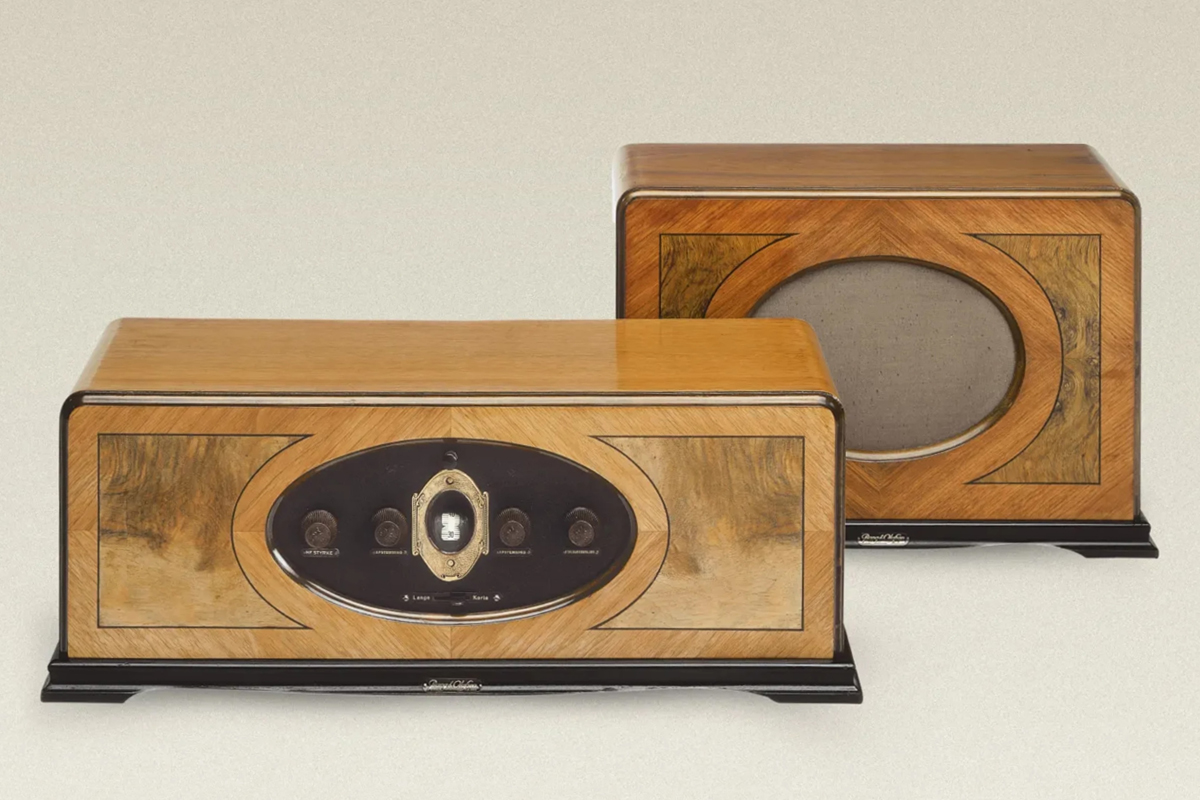
- Written by: AJ Wykes
Every January, the tech world descends on Las Vegas for the Consumer Electronics Show, where manufacturers often promise a cable-free utopia. This year was no exception. At CES 2026, brands on the show floor shared visions of a future without cords, cables, or clutter. LG unveiled its Sound Suite with Dolby Atmos FlexConnect, the world’s first soundbar system promising modular wireless flexibility. Samsung showcased its Music Studio speakers, designed to blend seamlessly into modern interiors. Both promised effortless sound, delivered through the ether. Yet a significant question lingers: where’s the power coming from?
Read more: We’ll Always Need Wires: The Myth of the Wireless Revolution
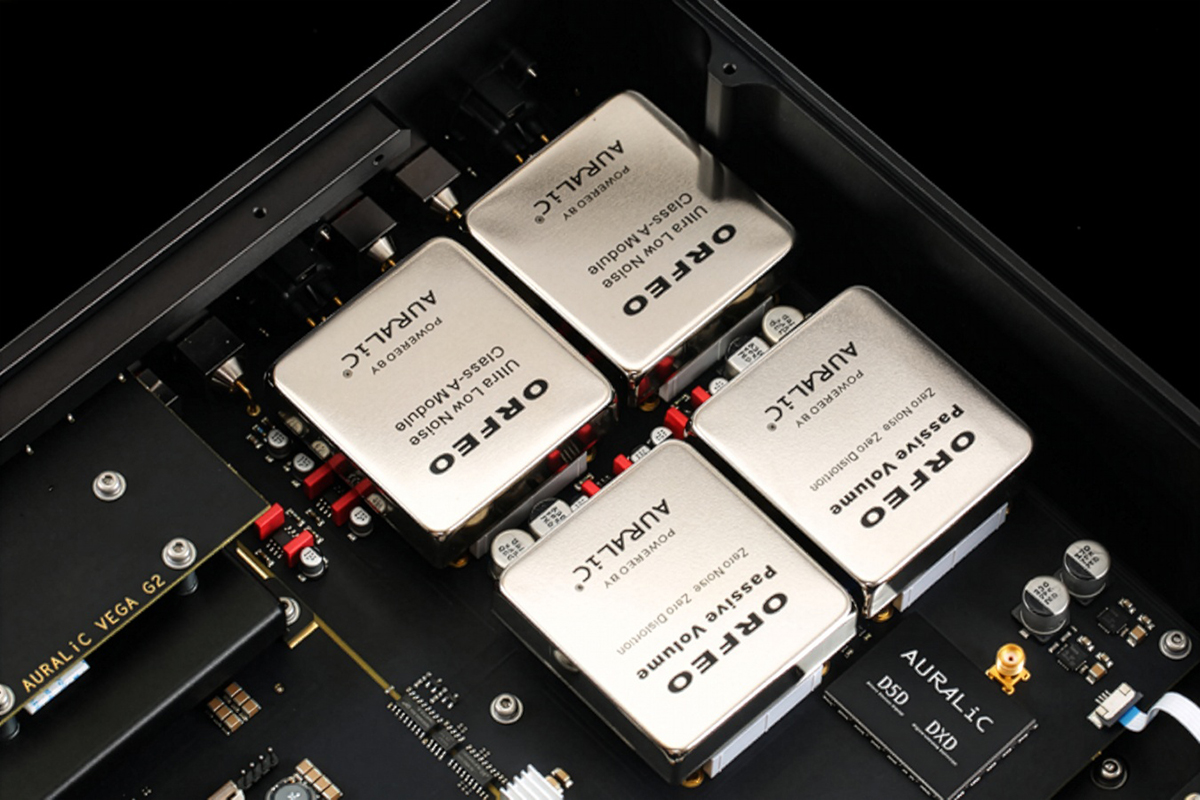
- Written by: AJ Wykes
When the Hong Kong–based digital-audio brand AURALiC stopped answering emails in September 2025, the silence spoke volumes. The community forum vanished without explanation. Dealers couldn’t reach anyone. The website went dark except for a terse notice about suspended US shipments. For owners of AURALiC’s Altair, Aries, and Vega streamers, each costing thousands of dollars, the reality set in quickly: they were holding expensive hardware without a support lifeline and facing an uncertain future.
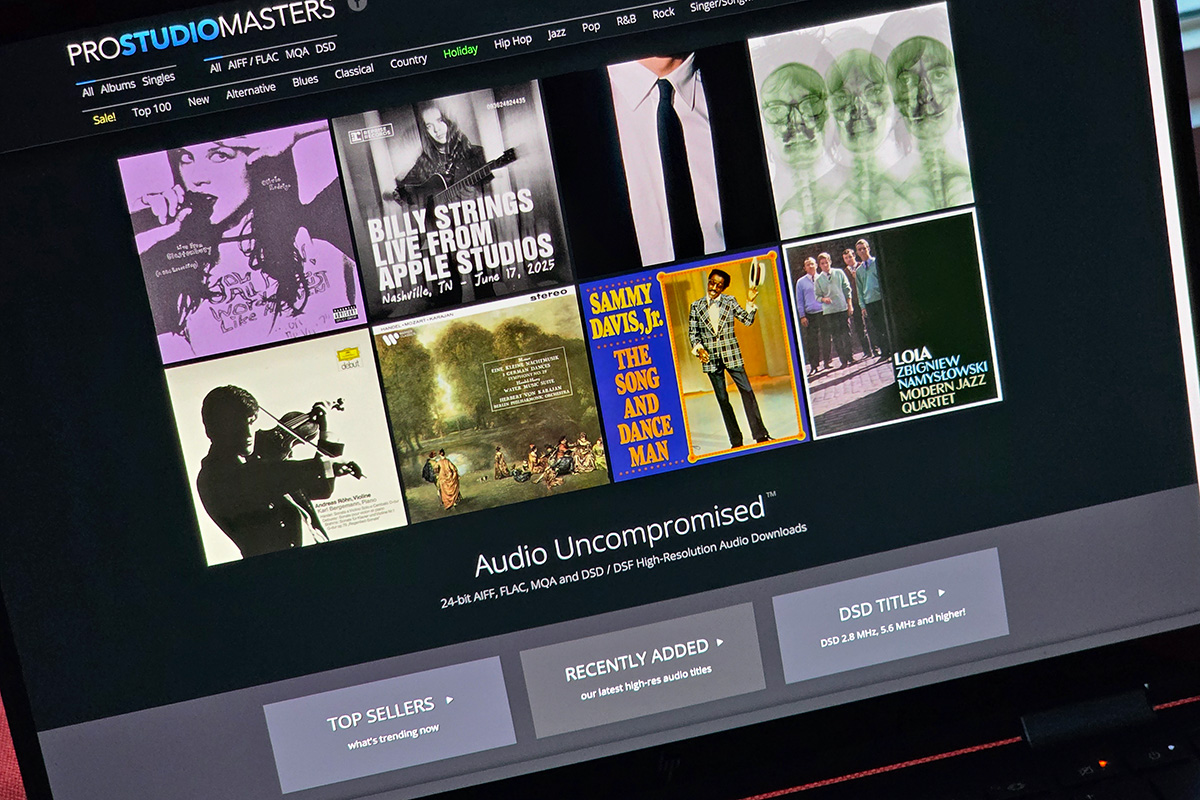
- Written by: AJ Wykes
Seven years ago, when Gordon Brockhouse asked “Are downloads dead?” on this site, the question felt relevant but premature. Downloads were in obvious decline, streaming was ascendant, and the writing seemed to be on the wall. Today, with streaming accounting for 69% of global music revenues and downloads representing just 2.8% of the market, you’d think the answer would be obvious. Yet download stores are still operating here in 2025, serving a dedicated, passionate audience that has no intention of giving up ownership.
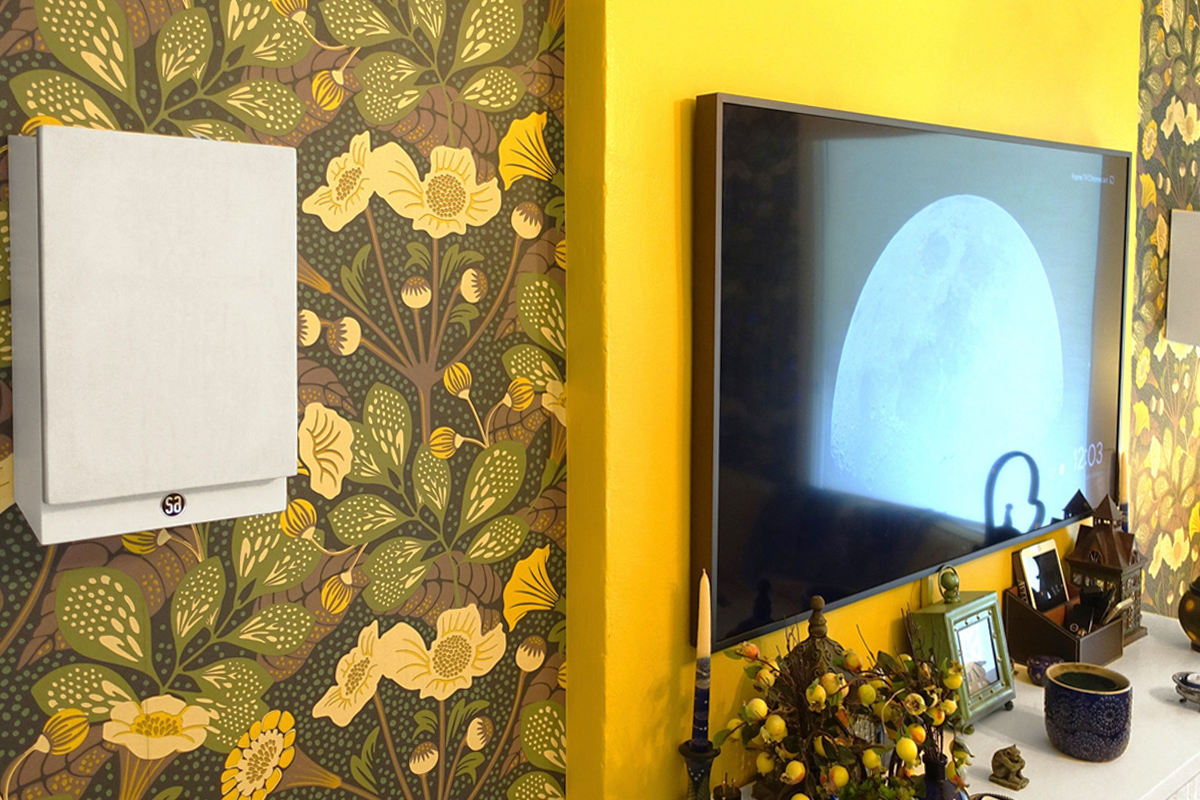
- Written by: AJ Wykes
Not only is the television screen the focal point of many living rooms, but it has increasingly become the central control hub for those spaces. That has shifted how people think about audio in these rooms.

- Written by: Gordon Brockhouse
It wasn’t exactly a coming-out party, at least not the one I expected. In a January 1 feature on Simplifi, Mike Jbara, vice-president and general manager of Lenbrook Media Group (LMG), said High End 2025 would mark “the coming-out party” for a new streaming service specializing in MQA-encoded music.
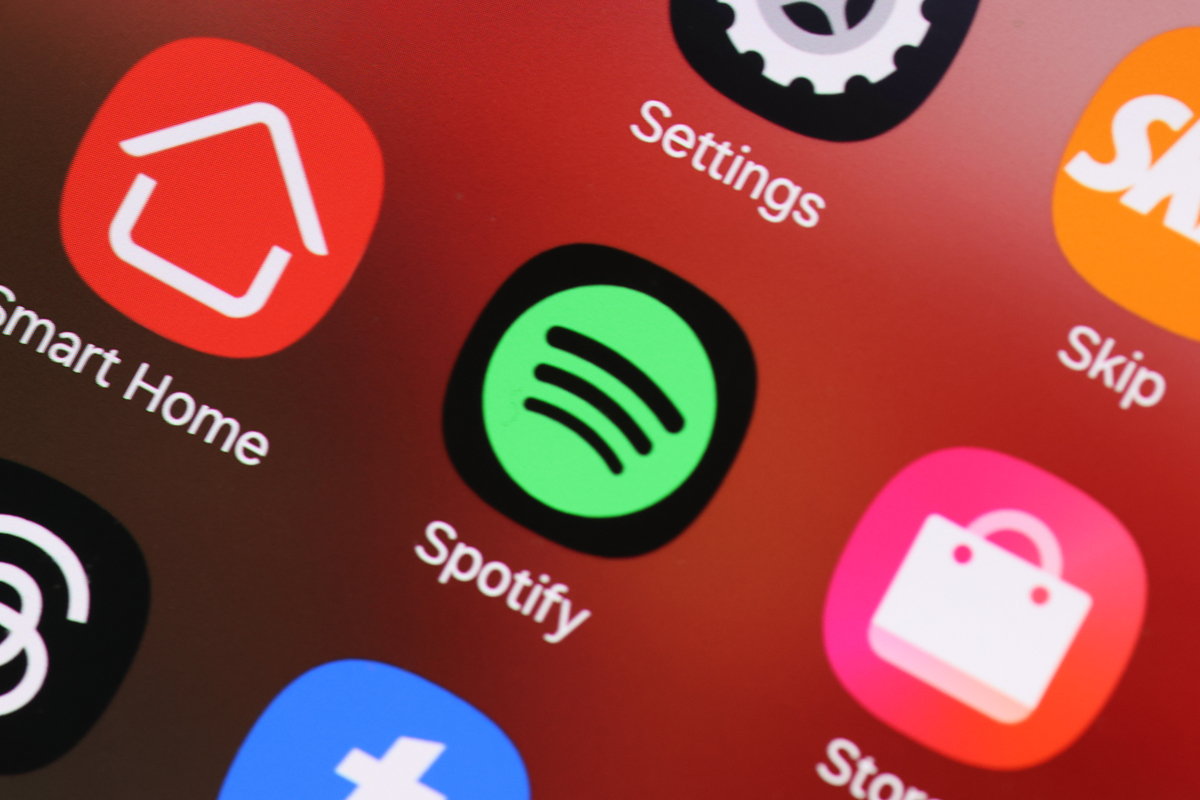
- Written by: AJ Wykes
After years of broken promises, Spotify has finally done it. The streaming giant is now rolling out lossless audio to its Premium subscribers, ending one of the most prolonged feature droughts in tech history. Four years after first teasing “Spotify HiFi,” the company that dominates global music streaming is finally delivering serious audio quality to those who demand it.
Read more: Spotify Lossless Is Here at Last! Was it Worth the Wait?
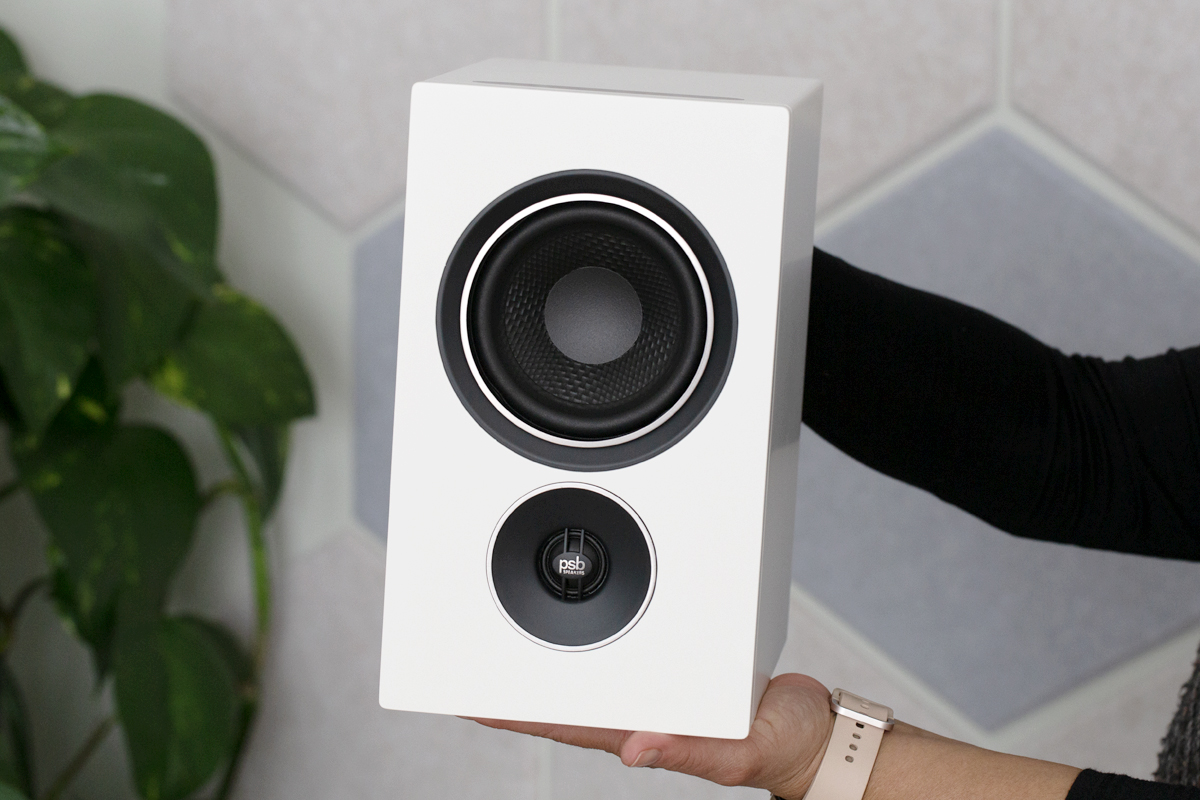
- Written by: AJ Wykes
I’ve been a strong proponent of active loudspeaker systems since early in my audio journey. As I described in my recent introductory feature, I bought my first set of active studio monitors back in the late 1990s. Before that, I had assembled an audio system piecemeal that incorporated active crossovers—and in the process, I heard the benefits of this approach firsthand.
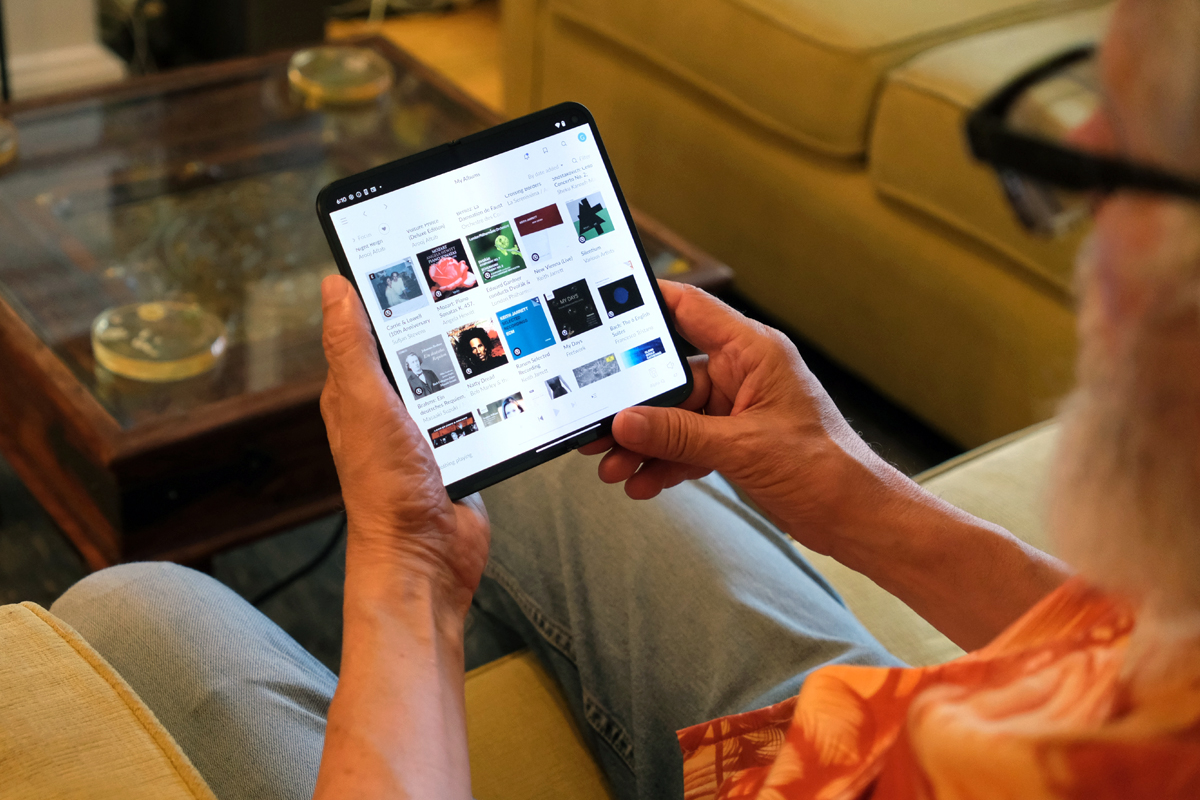
- Written by: Gordon Brockhouse
Like most music lovers these days, I use some kind of computing device for the bulk of my listening. When I’m listening through the KEF LS60 Wireless active speaker system in my living room, I cue up music, control playback, and adjust system settings using a ninth-generation iPad. Upstairs in my home office, I use my MacBook Pro (late 2023, M3) to control playback through the PSB Alpha iQ active speaker system on the top shelf of my secretary desk.
Read more: Shape-Shifters—Using Music Apps on Foldable Smartphones
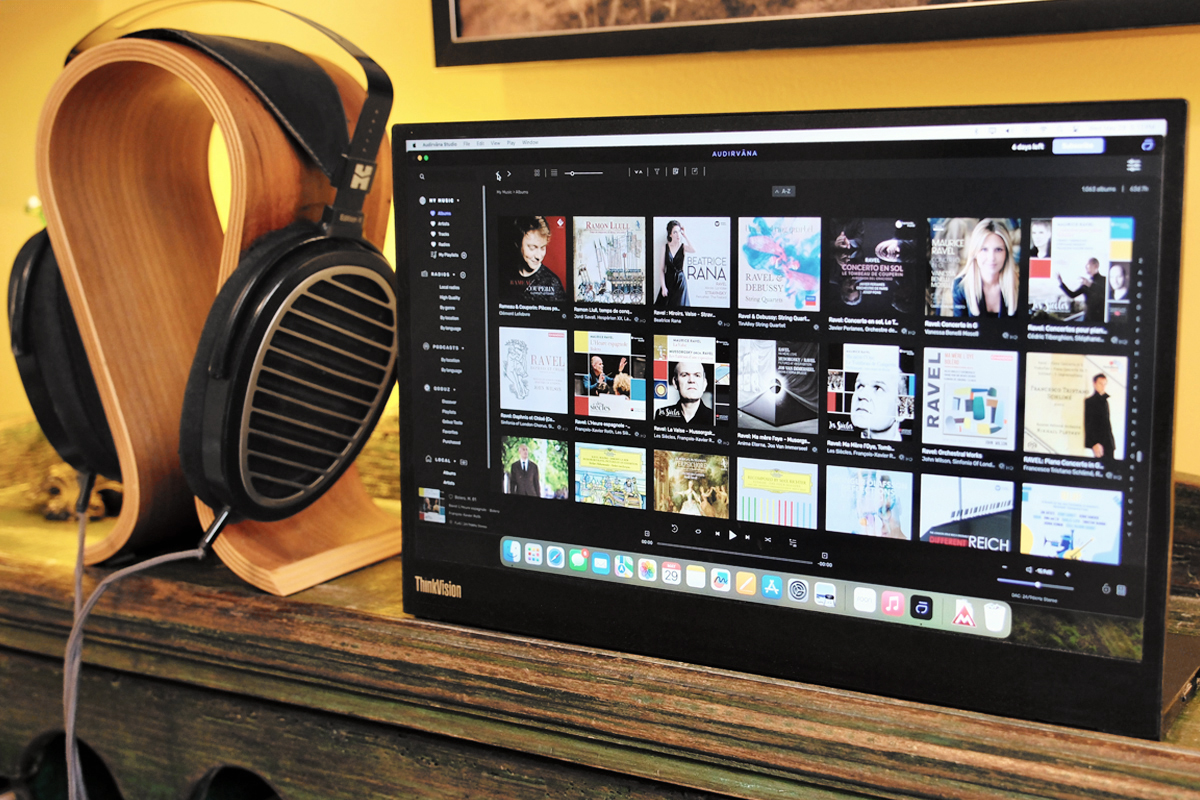
- Written by: Gordon Brockhouse
Ever since I got into file-based playback in the late 2000s, I’ve used some kind of app to play music. At first it was iTunes, the music app bundled with Mac computers. When I started purchasing high-rez albums from download stores like HDtracks, I added BitPerfect, an inexpensive utility that runs on top of iTunes and enables bit-perfect playback of files with different sampling rates and bit depths.
Read more: Direct Connections—Do You Really Need a Music App?
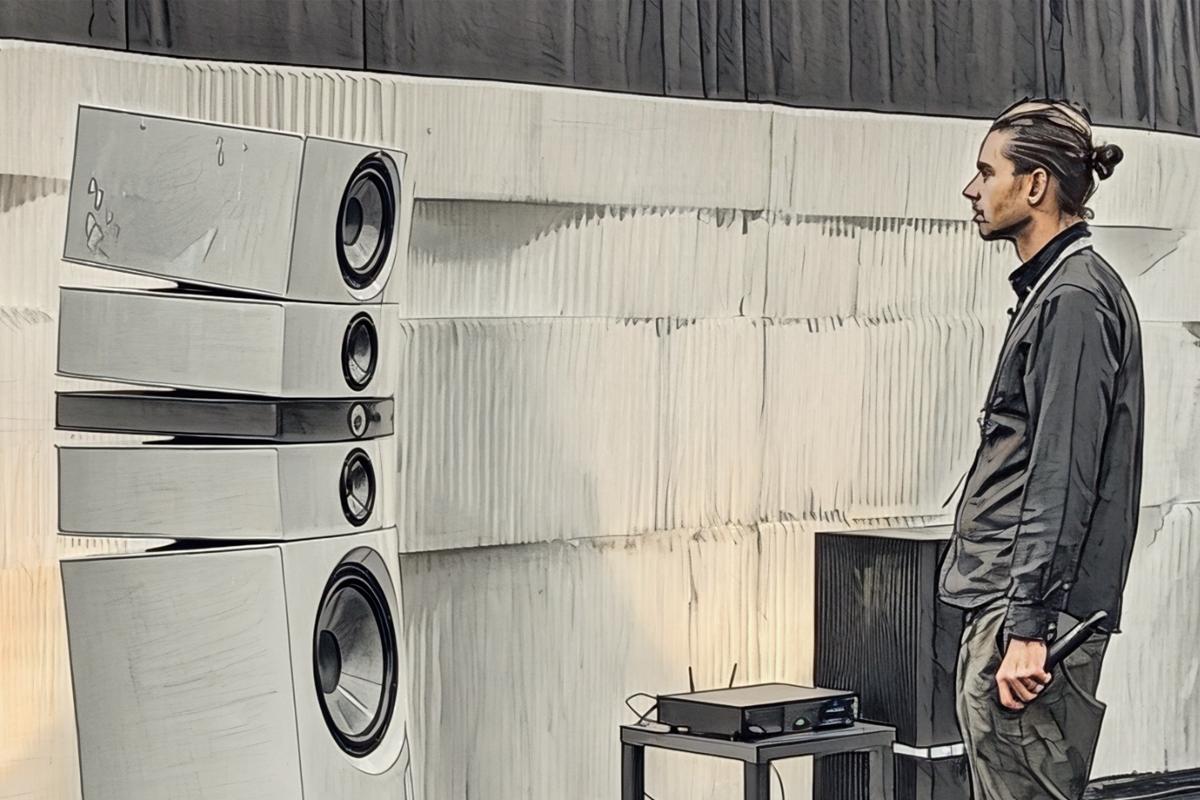
- Written by: AJ Wykes
As this is my first feature article for SoundStage! Simplifi, and my first contribution as senior site editor, I’m going to kick things off with a synopsis of my hi-fi journey to date. This will hopefully break the ice and provide some context about my philosophy when it comes to our audio hobby.
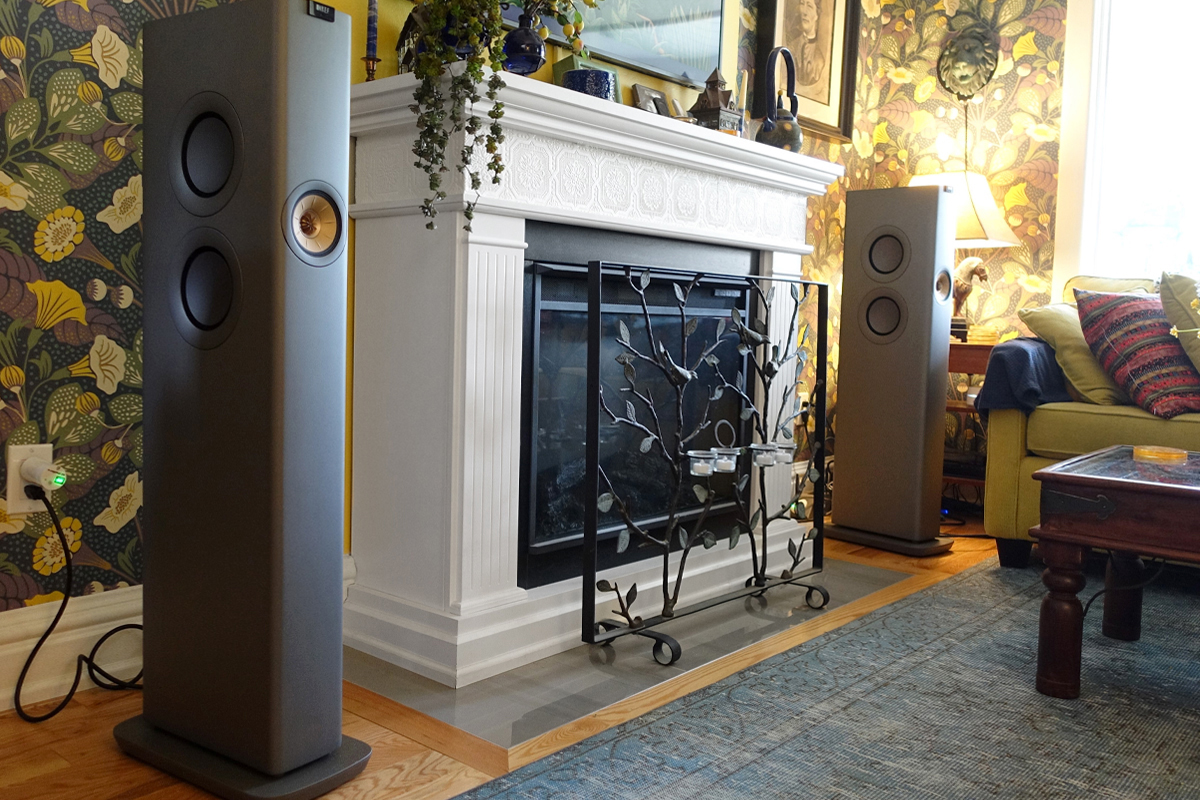
- Written by: Gordon Brockhouse
It’s been said so often, it’s almost an audiophile cliché: the most important component in any sound system is the room in which it’s used. Like all clichés, this one contains a large measure of truth.
Read more: Reading the Room: An Interview with Nilo Casimiro Ericsson of Dirac Research
- Help! I Need Somebody!
- Game Over!
- MQA’s Second Chapter
- Mixed Media
- Getting Physical
- Getting Spaced: What’s the Future for Atmos-Encoded Music?
- Little Colored Lights: Drilling Down in Roon
- The French Connection—Is Audirvana a Worthy Alternative to Roon?
- Apple’s War on Windows
- Fire Sales
- Direct versus Retail
- Harman International Has Bought Roon Labs—What Comes Next?
- Getting Physical—Do LPs and CDs Have a Place in Simplifi’d Hi-Fi?
- Active Voices: Livio Cucuzza of Sonus Faber
- Is Roon Worth It?
- Out and About—Using Roon Away from Home
- Lakeside Streaming—Network Entertainment at a Vacation Home
- Streaming Update—Spring 2023
- Active Voices: An Interview with Paul Barton and Rob Nicholls of PSB Speakers
- The State of Streaming—2023
- Gordon's System, Re-Simplifi'd
- Mix Master: PMC's Heff Moraes on Making Music in Atmos
- Toronto Audiofest 2022, Simplifi’d
- The Great Debate: Is Component Hi-Fi Dead?
- Evolving Hi-Fi: My Journey with a Fleet of Devialet Silver Phantoms
- Simplifi'd Hi-Fi at Munich High End–and Elsewhere
- How We Listen
- Wayback Playback
- Listen While You Work
- The State of Streaming—2022
- Why "Simplifi"—Five Years Later
- The Evolution of BluOS: An Interview with Lenbrook's Andrew Haines
- Dolby Atmos Music in Your Home
- The Big Switch
- I'm Only in It for the Money
- Encore! Encore! An Interview with Patricia Barber, Jim Anderson, and Ulrike Schwarz
- The New Apple Music
- Moving Forward with Formation: An Interview with Andy Kerr of Bowers & Wilkins
- Glory Days
- Spotify Goes Lossless
- In Defense of Streaming
- Tinkering Simplifi'd
- Simplifi Defined
- Going Deep with Artison
- A Simplifi Yearbook
- A Perfect Pair
- The Critical Component
- Has the Time Come for Surround Music?
- My Top Ten Products of the Last Two Years
- Turning Pro
- All About That Bass
- Gently Down the Stream
- Big Events
- Rules of the Game
- The Name Game
- January 1, 2020: The State of Streaming
- Warsaw’s Audio Video Show 2019, Simplifi’d
- Toronto Audiofest 2019, Simplifi'd
- Hi-Rez à-Go-Go
- Streaming the Classics
- Play Nice Together -- An Interview with Rob Darling of Roon Labs
- Active Voices, Part Three: KEF's Jack Oclee-Brown
- High End 2019, Simplifi'd
- Active Voices, Part Two: Axiom Audio's Andrew Welker
- Montréal Audio Fest Simplifi'd
- Active Voices, Part One: Elac's Andrew Jones
- Let's Keep it Simple
- A Roon of One's Own
- How I Simplifi'd My Wi-Fi
- Are Downloads Dead?
- Hi-Rez Streaming: Tidal vs. Qobuz
- Toronto Audiofest 2018 Simplifi'd
- How I Simplifi'd My Hi-Fi
- Time to Celebrate: Five Years of Google Chromecast
- How Good Can Voice Recognition Get?
- Are Smart Speakers Any Good for Audiophiles?
- High End 2018, Simplifi'd
- Is the Smart Speaker a Dumb Idea?
- What's Up with Apple AirPlay 2?
- The Spotify Dilemma
- CES 2018, Simplifi’d
- Farewell, CES
- Room Tunes
- Social Streaming
- CEDIA 2017, Simplifi’d
- Classical Prime Time
- The Röst Reconsidered
- High End 2017, Simplifi'd
- Vinyl: There's an App for That
- Metadata: Life with Roon
- The Internet and Audio: The Good, the Bad, and the Impossible
- The State of Streaming
- CES 2017, Simplifi'd
- Why "Simplifi"
SoundStage! Simplifi is part of
All contents available on this website are copyrighted by SoundStage!® and Schneider Publishing Inc., unless otherwise noted. All rights reserved.
This site was designed by RocketTheme, Karen Fanas, and The SoundStage! Network.
To contact us, please e-mail info@soundstagenetwork.com



